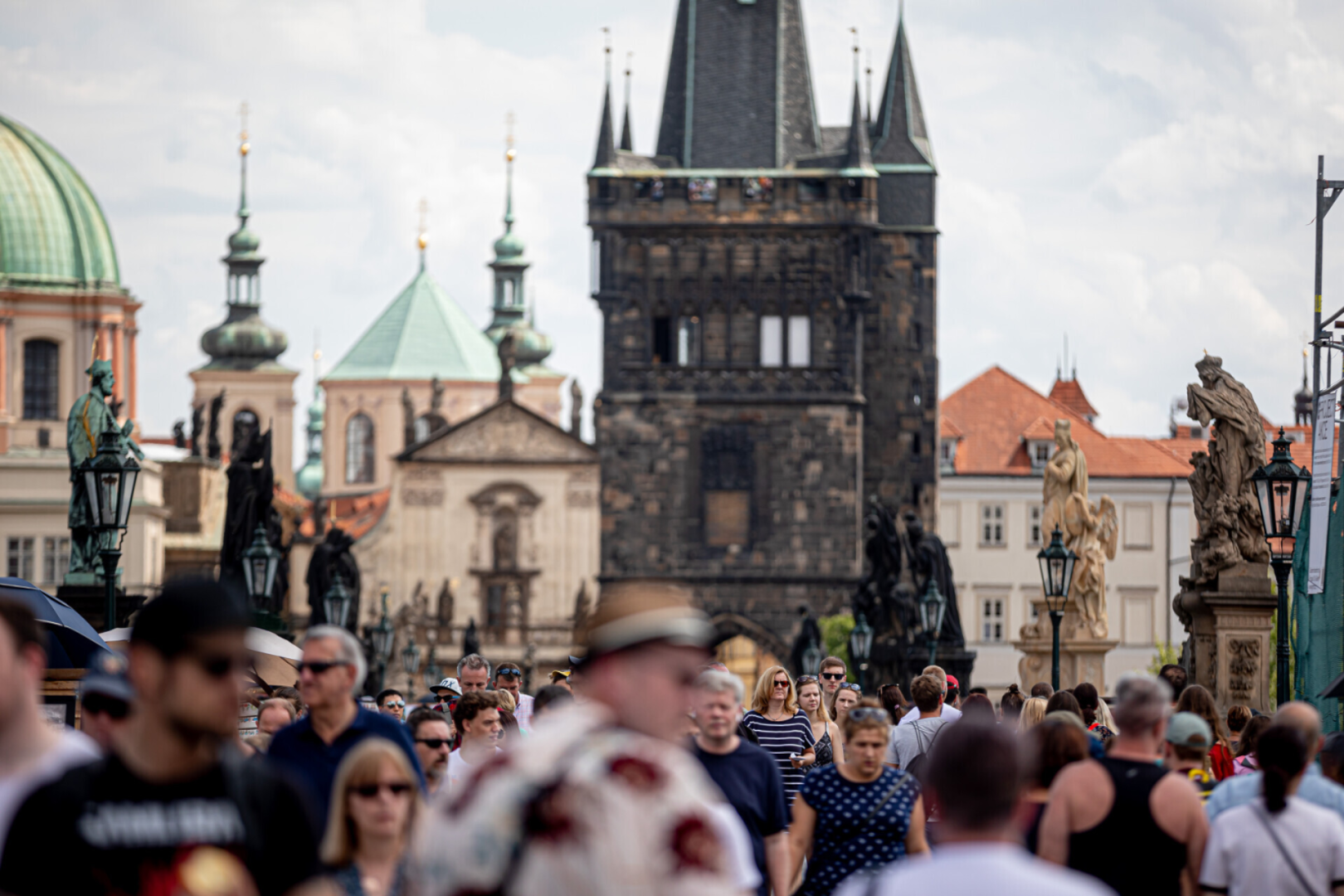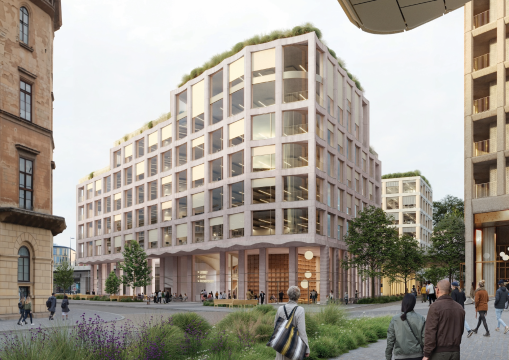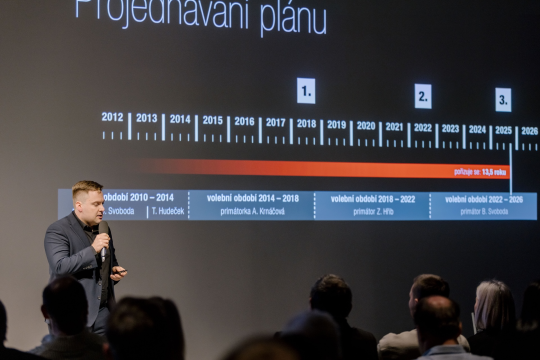IPR Prague releases a new analysis of Airbnb. The number of short-term apartments has fallen by half, but Prague is readying itself for an increase after the pandemic.
The Prague Institute of Planning and Development (IPR Prague) has published a new analysis of Airbnb in the city, which describes the current situation regarding short-term accommodation services, compares figures from before and during the pandemic, and proposes solutions to problems associated with this type of accommodation. The study shows that in July of 2021, hosts in Prague offered a total of 6,972 units through Airbnb, which is 7,000 fewer than in 2019. However, the majority of these apartments are located in the historical center – in fact, as many as 14.5 percent of them are in Old Town. Prague is drafting a law that would enable the city to regulate short-term rentals, much like other major European cities.

Petr Hlaváček, First Deputy Mayor, explains the results of the analysis: “Most of the apartments on Airbnb are concentrated in the historical center of Prague. 14.5 percent of all these apartments are in the Old Town. In absolute terms, the highest number can be found in New Town (1,696), where there is also a high concentration of hosts who manage as many as ten or more apartments at the same time. Although the coronavirus pandemic has led to a considerable decrease in the number of apartments, especially amongst hosts who were offering just a single apartment, certain problems with this type of accommodation persist.”
The IPR Prague analysis shows that more than 18,732 people could be accommodated in Prague through Airbnb at any one time. The situation in Old Town is extreme, with 29 beds for every 100 inhabitants. A very small number of hosts offer beds in shared rooms with the accommodation provider, with whole apartments and houses making up almost 76 percent of the Airbnb accommodation offered in Prague. IPR Prague uses data from freely available information focusing on short-term accommodation services and also monitors trends in apartments offered for rent on real estate portals such as Sreality, where some of the short-term accommodations on offer moved during the pandemic.
IPR Prague Director Ondřej Boháč notes: “In 2018, the number of apartments offered on Airbnb was almost 60 percent higher than the number of apartments available for rent on Sreality. This year the situation has nearly reversed, and Sreality is offering 40 percent more apartments than Airbnb.”
However, although there was a significant decrease in the number of apartments offered for short-term accommodation as a result of the coronavirus pandemic, figures indicate that we can expect a return to the pre-pandemic situation, especially in the center of Prague.
The analysis also focuses on the approaches to short-term accommodation of major cities around Europe. Many of them limit the number of days per year that a property can be offered to tourists. In Paris, this number is 120 days, and it is just 30 days in Amsterdam. Barcelona takes a different approach to regulation; the host has to obtain a license in order to provide accommodation. However, the city has not granted any licenses for central Barcelona since 2015. Admittedly, Prague does not have the legislative powers to take similar action, though the city is trying to work with the newly elected national government to find a way forward. In summer 2021, the City Hall Department of Building Regulations took an important step towards regulating Airbnb, issuing a breakthrough ruling that the regular use of an apartment for short-term accommodation services is subject to approval by the building authority.
The city has also succeeded in making it compulsory for all providers of short-term accommodation to charge a stay fee, and online platforms are obliged to share information with the Czech authorities. If they refuse to provide data on their activities, they face a maximum fine of one million crowns, although due to the fact that most of these platforms are based abroad, it is difficult to enforce these fines. This makes changing the law to enable the city to directly regulate the number of days per year that properties can be made available to tourists critical.
The full analysis is available here (CZ only).
Mohlo by Vás také zajímat

Pražany baví participační hra. V roce 2025 se do projektu Tvoje město, Tvůj prostor zapojily skoro tři stovky návštěvníků

Novou Florenc navrhne 15 evropských ateliérů. Praha zná vítězné návrhy mezinárodních architektonických soutěží

